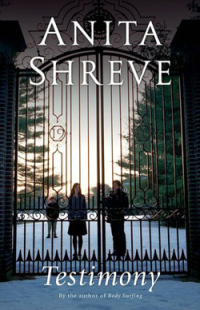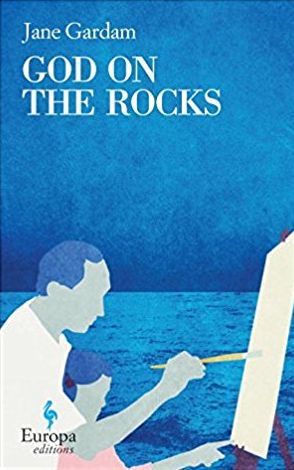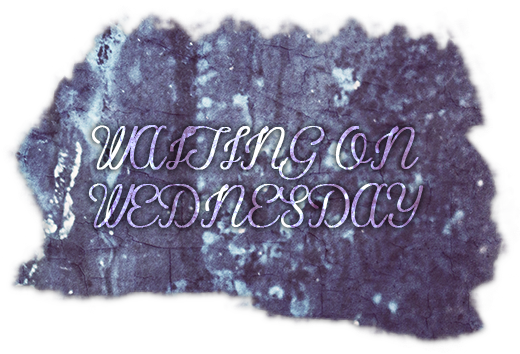 I haven’t read anything by Anita Shreve before, but she sure knows how to grab the reader’s attention in the opening chapter. A video tape is brought to the headmaster of a small exclusive New England boarding school, which shows three male students, aged 17 to 19, engaged in sexual acts with a girl. She doesn’t seem to be in any way unwilling, but she is clearly very young, fourteen as it turns out. There’s also a fourth person operating the camera whose identity is never revealed during the scandal that explodes soon after and destroys the lives of the people involved.
I haven’t read anything by Anita Shreve before, but she sure knows how to grab the reader’s attention in the opening chapter. A video tape is brought to the headmaster of a small exclusive New England boarding school, which shows three male students, aged 17 to 19, engaged in sexual acts with a girl. She doesn’t seem to be in any way unwilling, but she is clearly very young, fourteen as it turns out. There’s also a fourth person operating the camera whose identity is never revealed during the scandal that explodes soon after and destroys the lives of the people involved.
All of this has the making of a gripping drama, but in the end the book has surprisingly little to say about the event and the fallout outside of, teenage drinking is bad, teenage hormones are almost as bad, and one thoughtless action can shatter a life. To mask the thin content and lack of real insight, the book is split into multiple narratives, each providing a different point of view: the headmaster of the school, the journalist covering the story, the boys and the girl caught on tape, their parents and so on. I guess I at least would give the author some credit for working hard to give each narrator an individual voice; I’ve read far too many novels with multiple perspectives where all characters feel interchangeable.
However, this fragmented approach makes the novel feel unnecessarily crowded – did we really need the testimony of a person who medically examines the girl four days after the making of the tape and doesn’t find anything noteworthy? At the same time, the four or five key characters at the heart of the emotional drama are done a disservice by the constant switch and remain frustratingly underdeveloped. When the book reaches peak tragedy in the final stretch, it’s hard to feel anything about it since the characters never succeeded in earning empathy. The mystery of the fourth person in the room meanwhile is resolved with a whimper and I wished that the book never made a big deal out of it in the first place.
Shreve is a good writer, her prose is straightforward and readable, and overall I wouldn’t say that the book was a chore to get through. But it did leave me with a muted impression of reading a 300 page-long epilogue, when the story of this kind needed to be raw and immediate. Maybe the framing device picked by the author – a researcher from the University of Vermont collects the testimonies some time after the scandal – is to blame for this feeling of distance.
Advertisements Share this:




